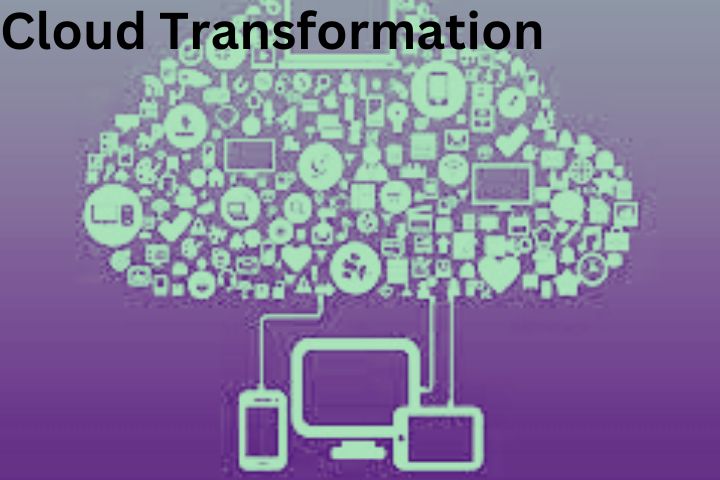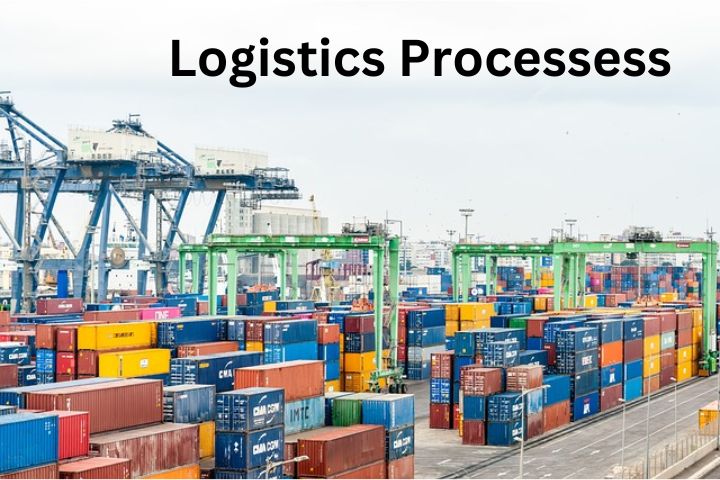
Artificial intelligence can help companies save valuable resources by uncovering optimization potential. Using self-learning algorithms, it evaluates data to make internal processes more efficient and less error-prone. This way, companies can remain competitive even in a volatile economy and minimize economic damage.
Artificial intelligence can process and evaluate large amounts of data quickly and precisely. In this way, she can more consistently identify the potential for improvement and uncover process errors.
AI can be used in five central areas for such process optimization:
Efficient deployment of personnel through artificial intelligence
AI can also take over repetitive processes: tasks such as entering and analyzing data can be automated, which relieves employees. This way, they can concentrate on more demanding tasks and take on additional ones.
AI does not replace humans – to function efficiently, and there needs to be close cooperation between these two parties. In this type of human-machine interaction (MMI), the employees ideally provide the AI with the data it needs to learn.
At the same time, they always act as the final control authority. On the other hand, AI relieves them of tasks that are too strenuous for employees in the long run.
Recognize maintenance needs of machines.
AI-based monitoring systems can analyze and predict the maintenance needs of machines and systems: By detecting anomalies and drawing attention to them, devices can be serviced or repaired early enough – long before a failure occurs. In this way, companies save themselves expensive repairs and production downtimes.
Targeted quality control through artificial intelligence
In production and manufacturing, AI-based quality assurance systems can detect errors in real-time and inform employees to reduce defective output and, thus, waste. AI can also indicate a potential for improvement in order not only to maintain the quality of the products but also to increase them.
Improved planning in logistics
AI is also used in logistical planning. Analyzing the data on orders, deliveries, inventory, and transport capacities helps calculate ideal storage and transport options. In addition, warehouse data analysis can also be used to determine the requirements for the company’s warehouse and coordinate deliveries accordingly.
Optimized building automation
AI-based systems can be used to automate buildings to make energy consumption more efficient. So can z. B. Control cost factors such as temperature and lighting in rooms. For this purpose, sensors can be used to determine the actual demand and compare it with the current consumption through data analysis.
Artificial Intelligence: Standardization as an enabler for the effective use of AI
It becomes clear: The possible uses of AI are versatile. At the same time, their further development is progressing at ever more significant strides while the technology is still comparatively young. This makes regulations and binding specifications necessary, so AI is not used and further developed uncontrolled.
This roadmap is intended to provide the basis for the standardization of AI. At the same time, it represents an enormous milestone for the future use of the technology.
Artificial Intelligence as a Service
It is worthwhile for companies to use AI to optimize processes. Because not only do the numerous application possibilities hold great potential, but the upcoming regulations also offer security for companies – especially to remain competitive and productive in times of crisis. But this implementation also needs a strategy: managers can pass this task on to external service providers instead of randomly introducing AI into internal company processes.
These partners have extensive experience using AI – from hardware development to sensor-based data acquisition, processing, and automation according to customer-specific production standards – and can integrate the technology into internal processes in a resource-saving, targeted, and effective manner.
Another cost advantage for the companies, which can continue to concentrate on their actual day-to-day business. However, When selecting a partner, it is vital to ensure they can respond to individual requirements and wishes.
This includes various computing units such as embedded or cloud solutions) or different data sources (image, video, time series, or sensor data) are automatically collected and processed separately or in combination.
Artificial intelligence: as a sparring partner in the crisis
Companies can use AI in many different ways: to promote innovation and to get through times of crisis smartly. And all this without having to make any significant losses. If they proceed strategically and seek advice from external AI specialists, companies can optimize their processes and exploit the full potential of the technology.








